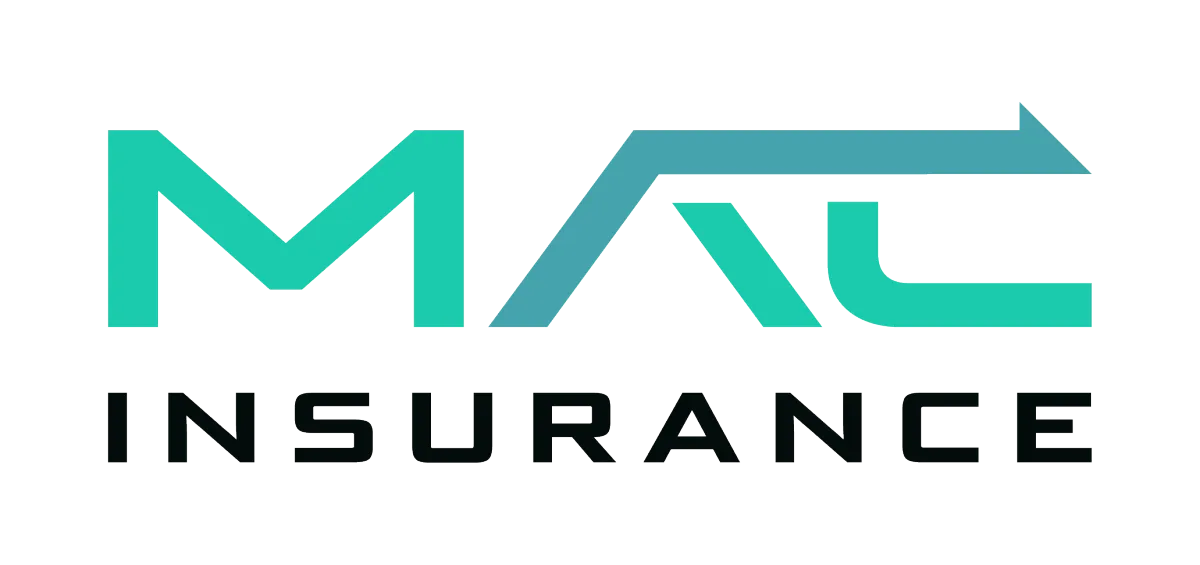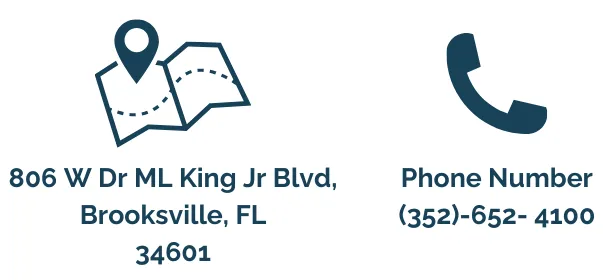Medicare Medical Savings Account Plans
Medicare Medical Savings Account (MSA) plans combine a high-deductible health plan with a special savings account to help pay for medical expenses. These plans are offered by private insurance companies and work differently from other Medicare Advantage plans.
How does a Medicare Medical Savings Account work?
How MSA Plans Work:
1. High-Deductible Health Plan (HDHP):
● MSA plans come with a high annual deductible, which you must meet before the plan starts covering your medical costs.
2. Medical Savings Account:
● The plan deposits money into a special savings account.
● You can use these funds to pay for qualified medical expenses, including Medicare-covered services.
3. No Monthly Premiums:
● Many MSA plans have a $0 premium, but you must still pay your Medicare Part B premium.
4. Flexibility in Choosing Providers:
● Unlike some Medicare Advantage plans, MSA plans do not have network restrictions, allowing you to visit any doctor or hospital that accepts Medicare.
Key Points to Consider:
● MSA plans do not include prescription drug coverage (Part D), so you’ll need a separate Part D plan if you need medication coverage.
● The money in your savings account can be used for medical expenses, but if you spend it on non-medical costs, you may face tax penalties.
● If you don’t use all the funds in your account, they roll over to the next year.
What Do Medicare Medical Savings Account (MSA) Plans Cover?
Medicare MSA plans cover the same medical services as Original Medicare (Parts A and B), but they work differently because they include a high-deductible health plan and a savings account to help pay for healthcare costs.
What’s Covered?
● Hospital Stays (Part A Coverage) – Includes inpatient hospital care, skilled nursing facility care, and some home health services.
● Doctor Visits & Outpatient Care (Part B Coverage) – Covers doctor visits, preventive care, lab tests, outpatient surgeries, and durable medical equipment (DME).
What’s Not Covered?
● Prescription Drugs – MSA plans do not include drug coverage, so you may need to enroll in a separate Medicare Part D plan.
● Dental, Vision, & Hearing – These benefits are not automatically included, but some MSA plans may offer additional coverage options.
Since MSA plans have a high deductible, you must pay for your medical expenses out of pocket until you reach the deductible amount. However, the plan deposits money into a savings account to help cover some of these costs.
Medicare Advantage
COMPARE
COST OF PLANS...
We have helped thousands of Medicare beneficiaries all over the United States, and now we want to help you.
When can I enroll in a Medicare Medical Savings Account (MSA)?
You can enroll in an MSA plan during specific Medicare enrollment periods:
Initial Enrollment Period (IEP) – If you’re new to Medicare, you can sign up during your seven-month window, which starts three months before you turn 65, includes your birth month, and ends three months after.
Annual Enrollment Period (AEP) – Each year, from October 15 to December 7, you can enroll in, switch, or drop an MSA plan.
Special Enrollment Period (SEP) – If you experience certain life events, such as moving to a new area or losing other coverage, you may qualify for an SEP to enroll in an MSA plan outside of standard periods.
Since MSA plans have unique features, it’s important to review your options and ensure it’s the right fit for your healthcare and financial needs.
Guide to Choosing a
MEDICARE MEDICAL SAVINGS ACCOUNT (MSA)
A Medicare MSA is a Medicare Advantage plan with a high deductible and a Medicare-funded savings account for medical costs. To choose one, check eligibility, compare plans, review costs, and enroll during Open Enrollment (Oct 15 – Dec 7) if it suits your needs.
If you decide to enroll through us, our support doesn’t stop there. We’ll continue assisting you throughout your Medicare journey—reviewing your plans each year to ensure they remain the best fit and answering any questions you may have along the way.
ADDITIONAL QUESTIONS TO BE ADVISED ON:

How much money does Medicare deposit into an MSA?
The amount Medicare deposits into an MSA varies by plan and location but is usually less than the plan’s deductible. You’ll need to cover medical costs until you meet the deductible.
What medical expenses can I use MSA funds for?
You can use MSA funds for Medicare-approved medical expenses, such as doctor visits, hospital stays, lab tests, and medical equipment. Using the funds for non-medical expenses may result in taxes and penalties.
Can I have a Medicare MSA and a separate Medicare Part D plan?
Yes, you can have a Medicare MSA and a separate Medicare Part D plan since MSA plans don’t include prescription drug coverage.
Do MSA funds roll over each year?
Yes, MSA funds roll over each year, allowing you to save unused money for future medical expenses.
Are there penalties for withdrawing MSA funds for non-medical expenses?
Yes, if you use MSA funds for non-medical expenses, you may have to pay income tax on the amount and a 50% penalty.
📩 Contact us today and let us represent you for FREE!
We are not connected with or endorsed by the United States government or the federal Medicare program. We do not offer every plan available in your area, and any information we provide is limited to those plans we do offer in your area. Please get in touch with Medicare.gov or 1-800-MEDICARE to get information on all your options.
Copyright © 2026 MAC Insurance. All rights reserved.







